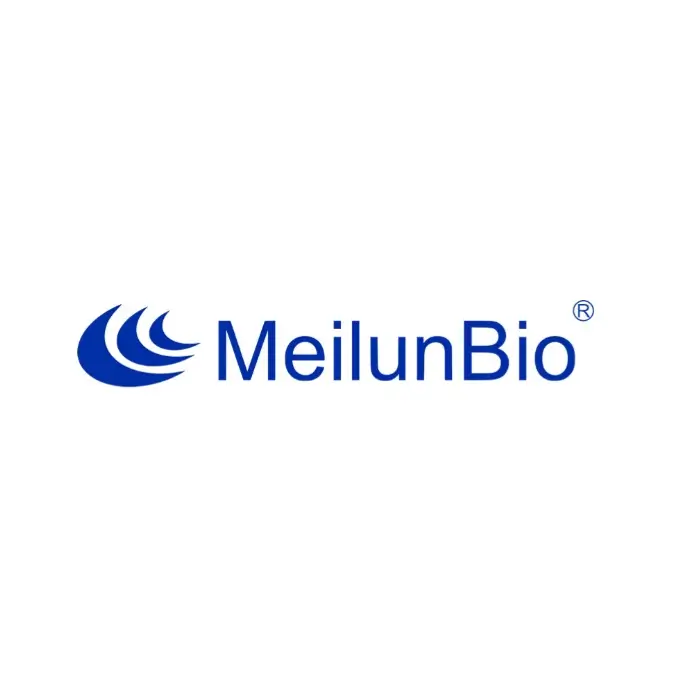| Source: | E.coli |
| Description: | Recombinant Mouse Fibroblast Growth Factor 4 is produced by our E.coli expression system and the target gene encoding Ser67Leu202 is expressed. |
| Accession: | P11403 |
| Known As: | Fibroblast growth factor 4; FGF-4; Heparin secretory-transforming protein 1; HST; HST-1; HSTF-1; Heparin-binding growth factor 4; HBGF-4; Transforming protein KS3; FGF4; HST; HSTF1; KS3 |
| Predicted Mol Mass: | 15.2 Kda |
| Apparent Mol Mass: | 15 KDa, reducing conditions |
| Endotoxin: | < 0.01 EU/µg as determined by LAL test. |
| Formulation: | Lyophilized from a 0.2 μm filtered solution of PBS, pH 7.4. |
| Reconstitution: | Always centrifuge tubes before opening.Do not mix by vortex or pipetting. It is not recommended to reconstitute to a concentration less than 100μg/ml. Dissolve the lyophilized protein in distilled water. Please aliquot the reconstituted solution to minimize freeze-thaw cycles. |
| Shipping: | The product is shipped at ambient temperature. Upon receipt, store it immediately at the temperature listed below. |
| Storage: | Lyophilized protein should be stored at ≤ -20°C, stable for one year after receipt. Reconstituted protein solution can be stored at 2-8°C for 2-7 days. Aliquots of reconstituted samples are stable at ≤ -20°C for 3 months. |
| Background: | Fibroblast growth factor 4(FGF-4) is a heparin binding member of the FGF family. The human FGF4 cDNA encodes 206 amino acids (aa) with a 33 aa signal sequence and a 173 aa mature protein with an FGF homology domain that contains a heparin binding region near the C-terminus. Mature human FGF4 shares 91%, 82%, 94% and 91% aa identity with mouse, rat, canine and bovine FGF4, respectively. Human FGF-4 has been shown to exhibit cross species activity. Expression of FGF-4 and its receptors, FGF R1c, 2c, 3c and 4, is spatially and temporally regulated during embryonic development. FGF-4 is proposed to play a physiologically relevant role in human embryonic stem cell selfrenewal. It promotes stem cell proliferation, but may also aid differentiation depending on context and concentration, and is often included in embryonic stem cell media in vitro. FGF-4 is mitogenic for fibroblasts and endothelial cells in vitro and has autocrine transforming potential. It is a potent angiogenesis promoter in vivo and has been investigated as therapy for coronary artery disease. |
重组小鼠成纤维细胞因子(FGF-4)
¥650.00
规格: 10μg
英文名字:Fibroblast growth factor 4(FGF-4),Mouse,Recombinant
质量标准:>95%,BR

